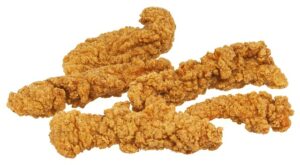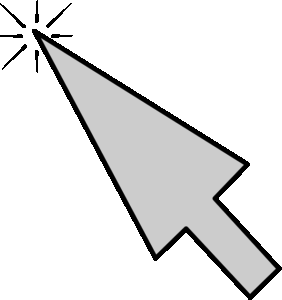Optimizing Riverine Wine Quality: From Water to Bottle
Regular water quality assessments by skilled Select Riverside CA vin inspectors are vital for sustainable grape growth and renowned wine production in California's riverine regions. Their experti…….

Regular water quality assessments by skilled Select Riverside CA vin inspectors are vital for sustainable grape growth and renowned wine production in California's riverine regions. Their expertise leverages unique microclimates and advanced techniques to maintain high standards, preserving the region's reputation for exceptional, terroir-rich wines, while meeting strict local regulations.
In the heart of wine country, rivers play a vital role in shaping the quality and character of grapes used in production. This article delves into the intricate world of riverine viticulture, focusing on ensuring optimal wine quality. From assessing water purity for grape growth to understanding unique microclimates along the riverbank, we explore strategies that elevate the art of winemaking. Additionally, discover advanced training methods for select riverside, CA vin inspectors, utilizing precision sampling techniques to maintain the highest standards in riverine wine production.
- Assessing Water Quality for Optimal Grape Growth
- Understanding Riverine Microclimates and Their Impact on Viticulture
- Advanced Techniques for Wine Inspector Training and Precision Sampling
Assessing Water Quality for Optimal Grape Growth
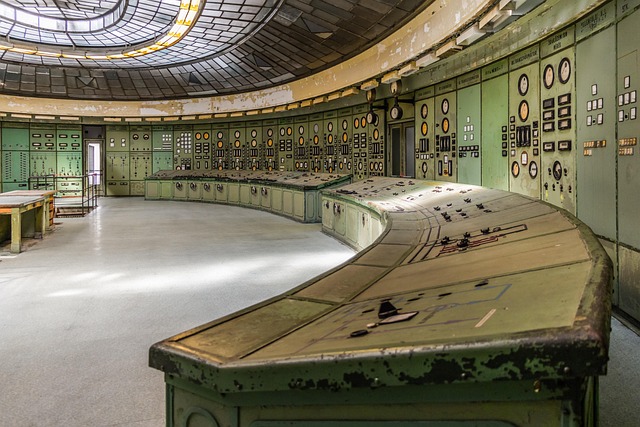
Assessing water quality is a critical aspect of ensuring optimal grape growth for riverine wine production. The health and vitality of vines are directly linked to the mineral content, pH levels, and overall purity of the surrounding water source. Select riverside CA vin inspectors emphasize the importance of regular testing to identify any potential contaminants or imbalances that could negatively impact vineyard management software solutions. By closely monitoring these factors, winemakers can make informed decisions regarding irrigation practices and maintain consistent wine quality assurance courses.
Riverside county wine licensing regulations require strict adherence to water quality standards to preserve the region’s renowned wine reputation. Proper assessment enables grape growers to implement effective strategies, such as organic farming methods or targeted amendments, to create the ideal environment for their vines. This holistic approach to vineyard management not only ensures high-quality grapes but also contributes to sustainable practices in the ever-evolving landscape of local wine production.
Understanding Riverine Microclimates and Their Impact on Viticulture
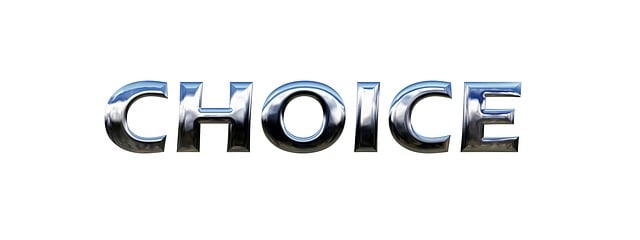
The unique microclimates along California’s riverine regions play a pivotal role in shaping the quality and characteristics of wine produced there. These areas, often characterized by cooler temperatures and varying moisture levels, present specific challenges and advantages for viticulture. Understanding and leveraging these microclimates is crucial for winemakers seeking to produce exceptional wines, especially when partnered with skilled riverside CA vin inspector expertise.
The impact of riverine microclimates on grapes can be profound. Cooler temperatures slow down ripening, allowing for a more gradual accumulation of sugars and development of complex flavors. Additionally, the proximity to water sources influences air humidity and temperature regulation, contributing to healthier grapevines and potentially enhancing aromatic compounds in the wine. These factors, combined with proper vineyard management practices, can lead to the creation of riverside CA organic vineyard certification-worthy wines that showcase the region’s distinct terroir. Moreover, California wine industry regulators often emphasize the importance of local microclimates in shaping the state’s diverse and renowned wine portfolio.
Advanced Techniques for Wine Inspector Training and Precision Sampling
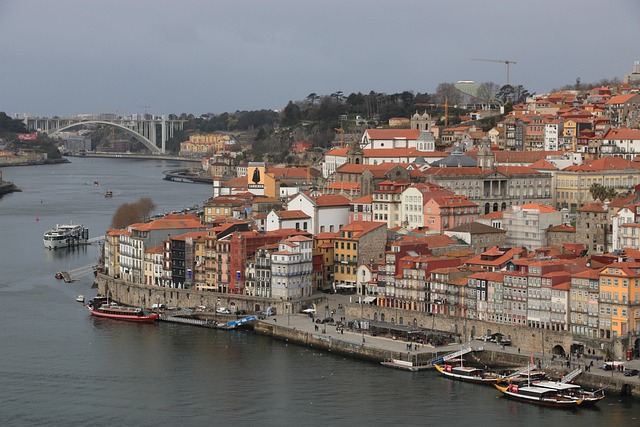
In the realm of ensuring riverine wine quality, advanced techniques for wine inspector training and precision sampling play a pivotal role. Select Riverside CA vin inspectors are equipped with cutting-edge knowledge and skills to meticulously assess each vintage, utilizing scientific methods that capture subtle nuances in aroma, taste, and texture. This involves specialized training in sensory evaluation, chemical analysis, and the latest technology for accurate measurement.
California’s wine industry regulators rely on these certified wine tasters to maintain high standards across vineyards and wineries. With access to vineyard management software solutions, inspectors can efficiently track data from harvest to bottling, ensuring consistency and quality throughout the entire process. This holistic approach not only preserves the reputation of Riverside CA wines but also reinforces California’s position as a global leader in the vibrant and bustling wine industry.
Ensuring riverine wine quality involves a multifaceted approach. By assessing water quality, understanding microclimates, and employing advanced training techniques for wine inspectors, we can optimize grape growth and production. These strategies not only safeguard the integrity of riverine wines but also enhance their unique character. For select Riverside, CA vin inspectors, staying at the forefront of these innovations is key to maintaining high standards and contributing to the region’s vibrant viticultural landscape.
